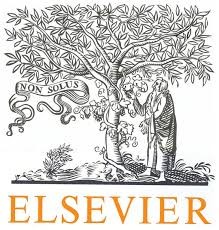Earthquakes are a common and deadly natural disaster, with roughly one-quarter of survivors subsequently developing posttraumatic stress disorder (PTSD). Despite progress identifying risk factors, limited research has examined how to combine variables into an optimized post-earthquake PTSD prediction tool that could be used to triage survivors to mental health services. The current study developed a post-earthquake PTSD risk score using machine learning methods designed to optimize prediction. The data were from a two-wave survey of Chileans exposed to the 8.8 magnitude earthquake that occurred in February 2010. Respondents (n ¼ 23,907) were interviewed roughly three months prior to and again three months after the earthquake. Probable post-earthquake PTSD was assessed using the Davidson Trauma Scale. We applied super learning, an ensembling machine learning method, to develop the PTSD risk score from 67 risk factors that could be assessed within one week of earthquake occurrence. The super learner algorithm had better cross-validated performance than the 39 individual algorithms from which it was developed, including conventional logistic regression. The super learner also had a better area under the receiver operating characteristic curve (0.79) than existing post-disaster PTSD risk tools. Individuals in the top 5%, 10%, and 20% of the predicted risk distribution accounted for 17.5%, 32.2%, and 51.4% of all probable cases of PTSD, respectively. In addition to developing a risk score that could be implemented in the near future, these results more broadly support the utility of super learning to develop optimized prediction functions for mental health outcomes.
